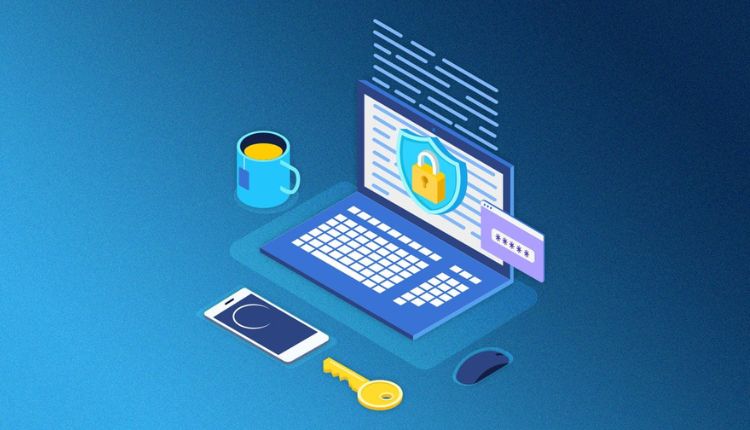Online companies are booming in the current digital era because they provide consumers worldwide with ease, accessibility, and a global reach. But with more connectedness also comes the possibility of cyberattacks that might jeopardize your company’s integrity and security. You must defend your online company from cyberattacks in order to keep your customers’ confidence, secure critical data, and preserve business continuity.
Implement Robust Authentication Measures
Verifying the identification of people gaining access to the systems and resources of your online organization is known as authentication. Strong authentication procedures must be put in place in order to guard sensitive data and stop illegal access. Think about introducing multi-factor authentication (MFA), which asks users to authenticate themselves using many methods before allowing access to your systems. Examples of these methods include passwords, security tokens, biometric information, and one-time passcodes. By adding a layer of protection to password-based authentication, multi-factor authentication (MFA) increases the difficulty of unauthorized access by hackers to your accounts and systems. You may improve the security posture of your online company and lower the risk of data breaches and unauthorized access by using multiple methods of authentication.
Encrypt Sensitive Data
Encryption is a potent security solution that uses cryptographic methods to transform sensitive data into an unintelligible format known as ciphertext. Sensitive information, like credit card numbers, customer information, and confidential company data, may be shielded from illegal access and hackers’ capture by encrypting it. Use end-to-end encryption for all correspondence between your online company and its clients, including emails, chat services, websites, file transfers, and messaging apps. This will guarantee that confidential data is safe while it’s being sent and received.
Regularly Update Software and Applications
Updating your software and apps is crucial to preventing security flaws and attacks for your online company. Updates, patches, and security fixes are often released by software providers to address known vulnerabilities and flaws that cybercriminals could exploit. Your company’s security is compromised and the integrity of your systems and data is jeopardized if these upgrades are not applied on time. All of your software and apps, including operating systems, web servers, content management systems (CMS), e-commerce platforms, and third-party plugins and extensions, should have a regular schedule for updates and patches.
Implement Access Controls and Permissions
According to users’ roles, responsibilities, and privileges inside your online organization, access controls and permissions help limit access to sensitive data and resources. The danger of unauthorized access and data breaches is decreased by implementing granular access controls and permissions, which guarantee that only authorized individuals have access to certain data and functions. The idea of least privilege, which gives users just the minimal amount of access required to carry out their job tasks, should be used to define user roles and permissions.
Educate Employees on Cybersecurity Best Practices
Since your staff members are your first line of defense against online attacks, it is crucial that you teach them about cybersecurity best practices and provide them with the tools they need to identify and address any security concerns. Employees should be taught how to recognize and report unusual activity as well as typical cyberthreats including malware infections, phishing scams, and social engineering assaults via thorough training and awareness campaigns.
IT Support- Best Way To Secure Business
In an era defined by digital evolution, entrusting your business’s security to adept IT support services is paramount. Beyond troubleshooting technical glitches, these services serve as the vigilant guardians of your digital fortress. They fortify your infrastructure with proactive monitoring, rapid response mechanisms, and cutting-edge cyber security protocols, ensuring a resilient defense against the relentless tide of cyber threats. By seamlessly integrating into your operations, they not only remedy vulnerabilities but also empower your team with the knowledge to navigate the ever-changing landscape of digital security. Simply look up online about business IT support in Cincinnati, if you live in Cincinnati for example and find the best services.
Backup and Disaster Recovery Planning
A thorough cybersecurity strategy must include backup and disaster recovery plans, as they assist in guaranteeing data resilience and business continuity in the case of an unanticipated catastrophe or security incident. To guard against data loss due to ransomware attacks, hardware malfunctions, or natural catastrophes, implement frequent data backups to make copies of your vital data and systems, both locally and offshore.
Conclusion
It takes a proactive, multi-layered strategy to secure your online company from a variety of security risks and obstacles. In the current digital environment, invest in top-notch cybersecurity procedures and solutions to protect your company, your clients, and your brand.

